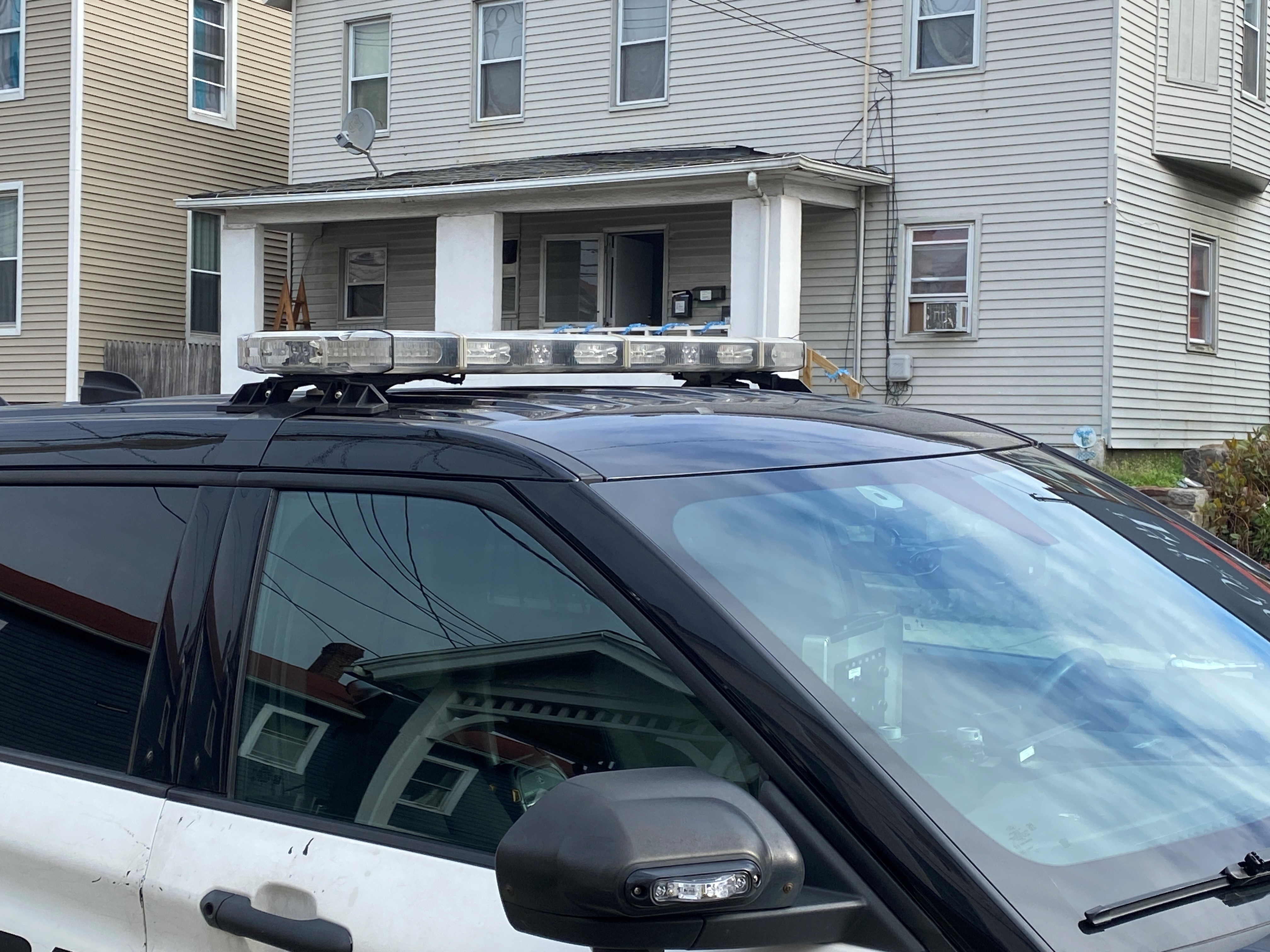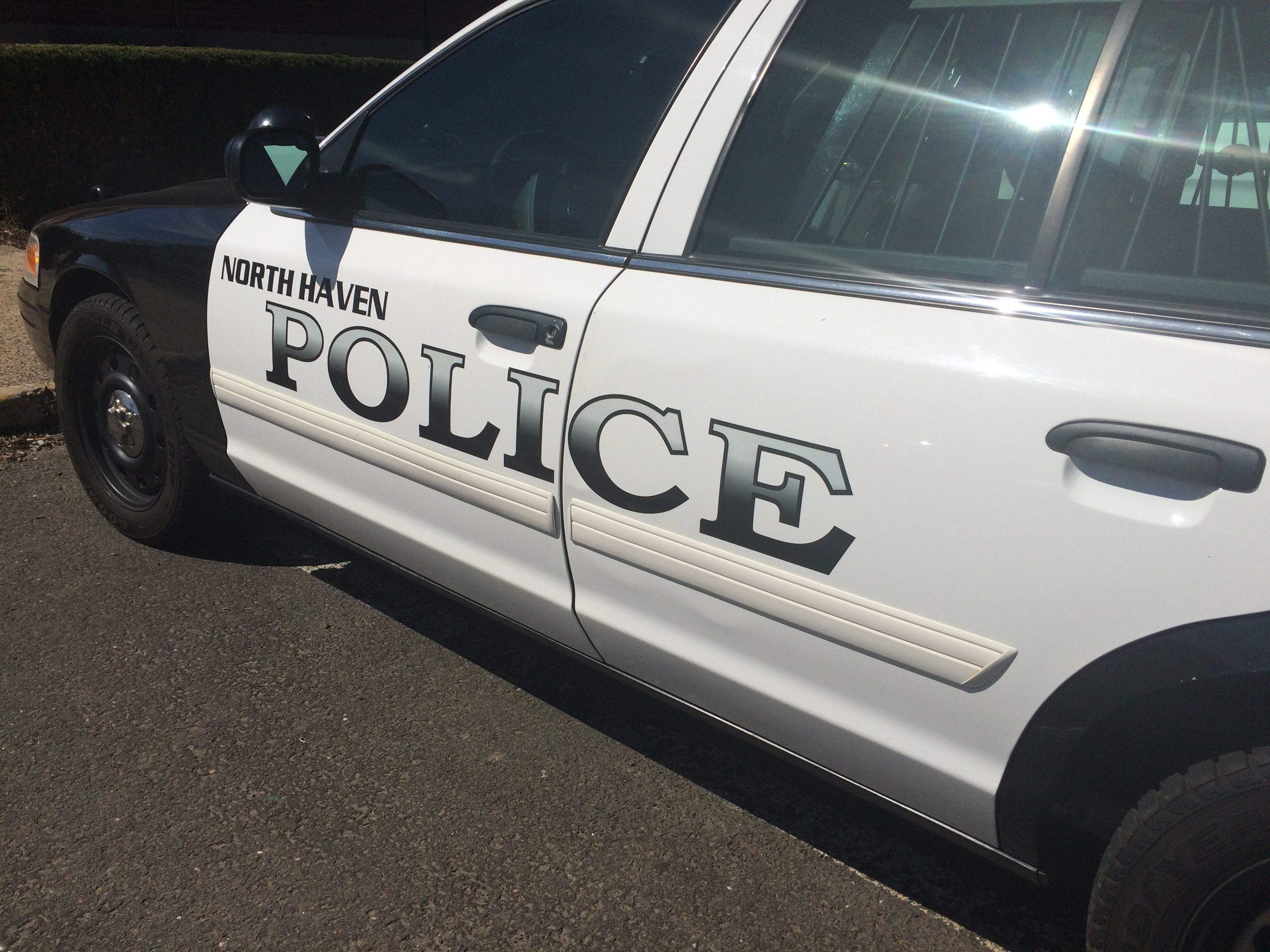It was Tuesday, September 11, 2001. Richard Shiffrin was at the Pentagon where he was deputy general counsel for intelligence in the Defense Department.
He just got a call that the twin towers in New York were hit. In his Northern Virginia office, just outside Washington, he turned on the TV and hung up the phone.
“I think I felt, before I heard, this tremendous thud sort of. Like what you feel standing next to a bass drum at a rock concert,” Shiffrin said.
There was no mistaking what was happening.
Get Connecticut local news, weather forecasts and entertainment stories to your inbox. Sign up for NBC Connecticut newsletters.
“To have that sensation in a building that large, it had to be, well I knew, it was an airplane.”
It was just before 10 a.m. Shiffrin and hundreds of other Pentagon employees made it to center court, a three-acre space inside the five sections that make up the Pentagon. Smoke and flames were coming from one of them.
“That moment I was more in shock I think than I was afraid,” Shiffrin said.
Local
He made it to a Pentagon parking lot, and then took a pedestrian tunnel under I-395, the highway next to the smoldering building. About an hour after the plane hit the building, he was able to get to the next neighborhood over, Crystal City, where he found someone to send his family an email that he was safe.
There could have been 4,000 employees working in the section that was hit. Instead, there were about four hundred.
“We were very fortunate because the Pentagon was undergoing renovation and that wedge that the plane hit was almost entirely unoccupied.”
There were 184 people killed in the plane crash, one of four that day.
“I’m obviously sympathetic to their families and friends. I can’t imagine the panic they felt and the heroism some of them displayed,” said Shiffrin.
He says that is a difficult thing to think about. From his perspective in defense work, those in the military and their families may prepare for a possible loss.
“It’s something they’ve in a way been prepared for. That’s not true for the people who lost their lives, in effect in a war,” said Shiffrin. “They didn’t sign up for that.”
Leading up to the attack he says they were familiar with Osama bin Laden and al-Qaeda, and they were aware of the general threat he posed. He says they were exploring ways to handle the situation.
“I was surprised by how it happened. But I wasn’t surprised by who did it.”
In the years that followed he believed getting rid of al-Qaeda made sense, but he’s a bit more critical of the efforts in Afghanistan.
“I don’t know what the next chapter looks like. This chapter, the Afghanistan chapter, is not pretty. But maybe it’s not totally ugly either.”
Now, 20 years later, after Iraq and Afghanistan, Shiffrin says he is thinking more about that day than any previous point in time.
“This is the first year that I’ve actually thought hard about it,” he said. “I don’t remember how I felt 10 years afterwards. I have no specific recollection. This year as it was getting close I was thinking ‘wow twenty years.’”
He went back to work the next day and nearly every day after that for a month. He says his job related to what happened on 9/11 and there was work to be done.
There was a bit of smoke that still could be smelled on his side of the building. He says they closed off the the section of the building and draped the exterior crash site with an American flag.
Now retired, he tries to keep what happened that day in perspective.
“911 was for everyone touched by it, a horrific event. It’s history now. That doesn’t mean that we who lived through it should forget it or dishonor it or minimize it.”



